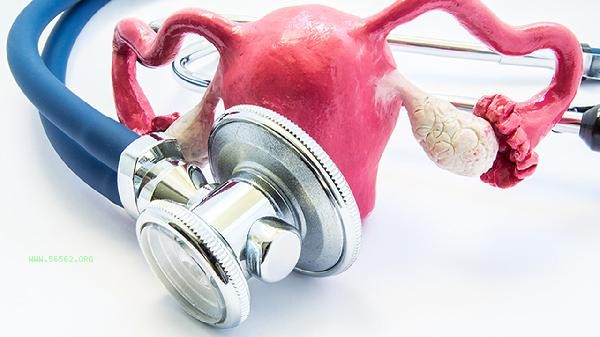Elevated eosinophils in women are usually not early symptoms of cancer, and may be related to factors such as allergic reactions, chronic inflammation, endocrine disorders, drug effects, or blood system diseases.

1. Allergic reactions:
Basophils are involved in the allergic reaction process and may experience an increase in values upon contact with pollen, dust mites, or specific foods. Accompanied by symptoms such as itching and urticaria, it is necessary to determine the cause through allergen testing. Mild allergies can be alleviated by staying away from allergens, and in severe cases, antihistamines should be used under the guidance of a doctor.
2. Chronic inflammation:
Long term inflammatory states such as rheumatoid arthritis and chronic sinusitis can stimulate eosinophil proliferation. This type of situation is usually accompanied by an increase in C-reactive protein, which needs to be comprehensively judged in conjunction with inflammatory indicators. After controlling the inflammatory disease, many indicators can gradually return to normal.
3. Endocrine disorders:

hypothyroidism and menopausal hormone fluctuations may affect granulocyte differentiation. Patients with hypothyroidism may experience symptoms such as fatigue and fear of cold, which can be diagnosed through thyroid function tests. Hormone replacement therapy can effectively improve abnormal related indicators.
4. Drug effects:
Estrogen preparations, interferons, and other drugs may interfere with bone marrow hematopoietic function. After 2-4 weeks of discontinuation, most indicators can recover on their own, and regular monitoring of blood routine is necessary during the medication period. Continuous abnormalities require consideration of changing treatment plans.
5. Hematological disorders:
Chronic myeloid leukemia, myelodysplastic syndrome, and other diseases may lead to pathological elevation of eosinophils. This type of condition is often accompanied by symptoms such as splenomegaly and abnormal leukocytosis, and requires diagnosis through bone marrow aspiration. Specialized treatment in hematology is crucial.

It is recommended to complete allergen screening, thyroid function, inflammation indicators and other tests when abnormal eosinophils are found. Daily attention should be paid to recording the timeline of symptom changes and avoiding self medication that affects hematopoietic function. Maintaining a balanced diet and supplementing with foods rich in vitamin B12 and folate, such as animal liver and dark green vegetables, can help regulate hematopoietic function. Regular sleep and moderate exercise can improve the endocrine environment, and it is recommended to engage in 3-5 aerobic exercises per week. When the indicators remain abnormal for more than a month or are accompanied by symptoms such as weight loss and lymph node enlargement, it is necessary to seek timely medical attention from the hematology department.









Comments (0)
Leave a Comment
No comments yet
Be the first to share your thoughts!